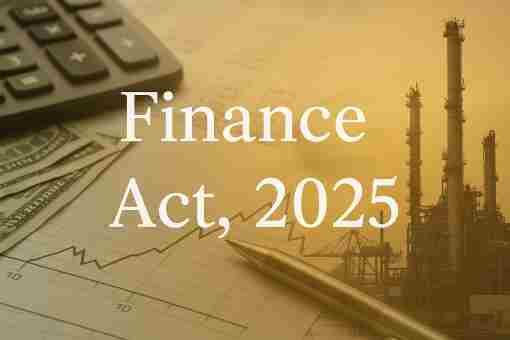Karachi, June 29, 2025 – The Finance Act, 2025 has introduced a comprehensive and structured procedure for the arrest and prosecution of individuals and entities involved in tax fraud under Section 37A of the Sales Tax Act, 1990.
This reform marks a significant shift in how tax authorities, particularly Inland Revenue (IR) officers, handle serious tax violations.
Under the amended law, the arrest process begins with the initiation of an inquiry by an IR officer not below the rank of assistant commissioner. However, such an inquiry can only commence upon the approval of the Commissioner, and must be based on material evidence suggesting the commission of fraud or an offense that warrants prosecution.
The Finance Act empowers the IR officers with civil court authority for conducting inquiries. They can summon individuals, examine them under oath, and require the production of documents and affidavits. These expanded legal powers aim to strengthen the capacity of tax authorities to effectively uncover and address complex cases of tax fraud.
The inquiry must be completed within six months and includes an opportunity for the accused to be heard and to respond to the evidence. If the IR officer, upon completion, believes that tax fraud has occurred, a detailed inquiry report is submitted to the Commissioner. The Commissioner may then either approve further investigation, request more documentation, or close the case.
Following approval, the investigation must be completed within three months. If the findings suggest serious tax fraud involving amounts exceeding Rs. 50 million, and if the accused is avoiding investigation, attempting to flee, or likely to tamper with evidence, the Commissioner may seek arrest authorization from a three-member committee notified by the FBR Chairman.
Alternatively, an arrest may be made directly by the IR officer during the investigation, provided prior approval is obtained from a Special Judge. This ensures that no arbitrary arrest is made, and due process is followed.
Where the accused is a company, its directors or responsible officers may also be held accountable for their role in the tax fraud and face potential arrest, without affecting the company’s financial liabilities under the law.
The Act also includes provisions for compounding of offenses, where the accused may avoid prosecution by paying the evaded tax along with penalties and surcharges. All arrests are to follow procedures outlined in the Code of Criminal Procedure, ensuring legal safeguards are maintained.
Importantly, any individual arrested must be informed in writing about the grounds of arrest, and retains the right to seek bail under applicable laws. The overarching goal of these amendments in the Finance Act, 2025 is to create a strong deterrent against tax fraud while preserving the rights of the accused through a transparent and accountable legal process.
